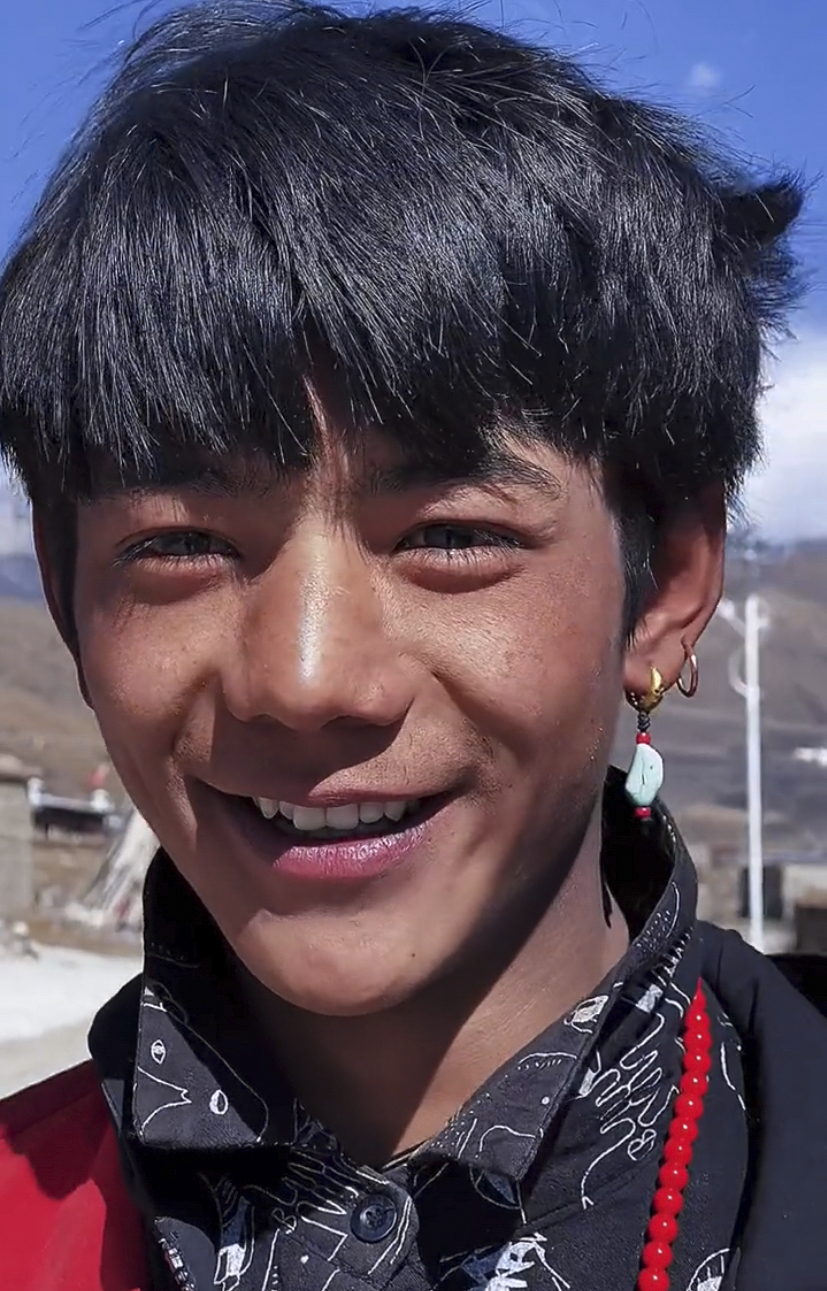What's in a name? A trademark violation
By ZHANG ZHOUXIANG | China Daily | Updated: 2020-12-17 07:19

Ding Zhen, an ethnic Tibetan youth from Garze Tibetan autonomous prefecture, Southwest China's Sichuan province, was almost unknown until his horse-riding skills made him a sensation a month ago.
Soon, the 19-year-old youth was among seven of the 10 most frequently discussed topics on social networking sites, his photographs with his innocent smile were all over the place, and cities invited him for tours.
Since Nov 14, many companies providing products and services ranging from daily consumption, education to entertainment, have applied for registering trademarks that contain "Ding Zhen".
Before Litang Cultural Tourism Company, where Ding works, registered trademarks in 26 of all the 45 categories, there were already 22 trademarks containing "Ding Zhen", 12 of them surfacing after Ding became popular.
According to the Trademark Law, those registering for a trademark should not violate other people's rights. Those feeling that a particular trademark application violates their rights can even complain to the bureau of trademarks within three months.
In January 2017, the Supreme People's Court said that if the public associates a trademark with an existing person, that trademark violates that person's individual rights. In that sense, Ding and Litang Cultural Tourism can sue these violators.
By the end of October, the number of registered trademarks in China exceeded 29.18 million. In the early months of this year, many companies had registered trademarks under the names of Huoshenshan and Leishenshan, the two hospitals built to treat novel coronavirus patients in Wuhan, capital of Hubei province.
Many people do not even use the popular trademarks they register, and instead sell them later at a premium. While they make huge profits, the penalty for violating trademark regulations is relatively low-the law only lists warning and a fine.
Even the name of Li Wenliang, a doctor who died fighting COVID-19, wasn't spared. In March, a company misusing his name was fined 10,000 yuan ($1,529), which is a very small amount to pay for misusing the name of someone who died serving the people. It is time to introduce strict penalties to prevent such violations.
























